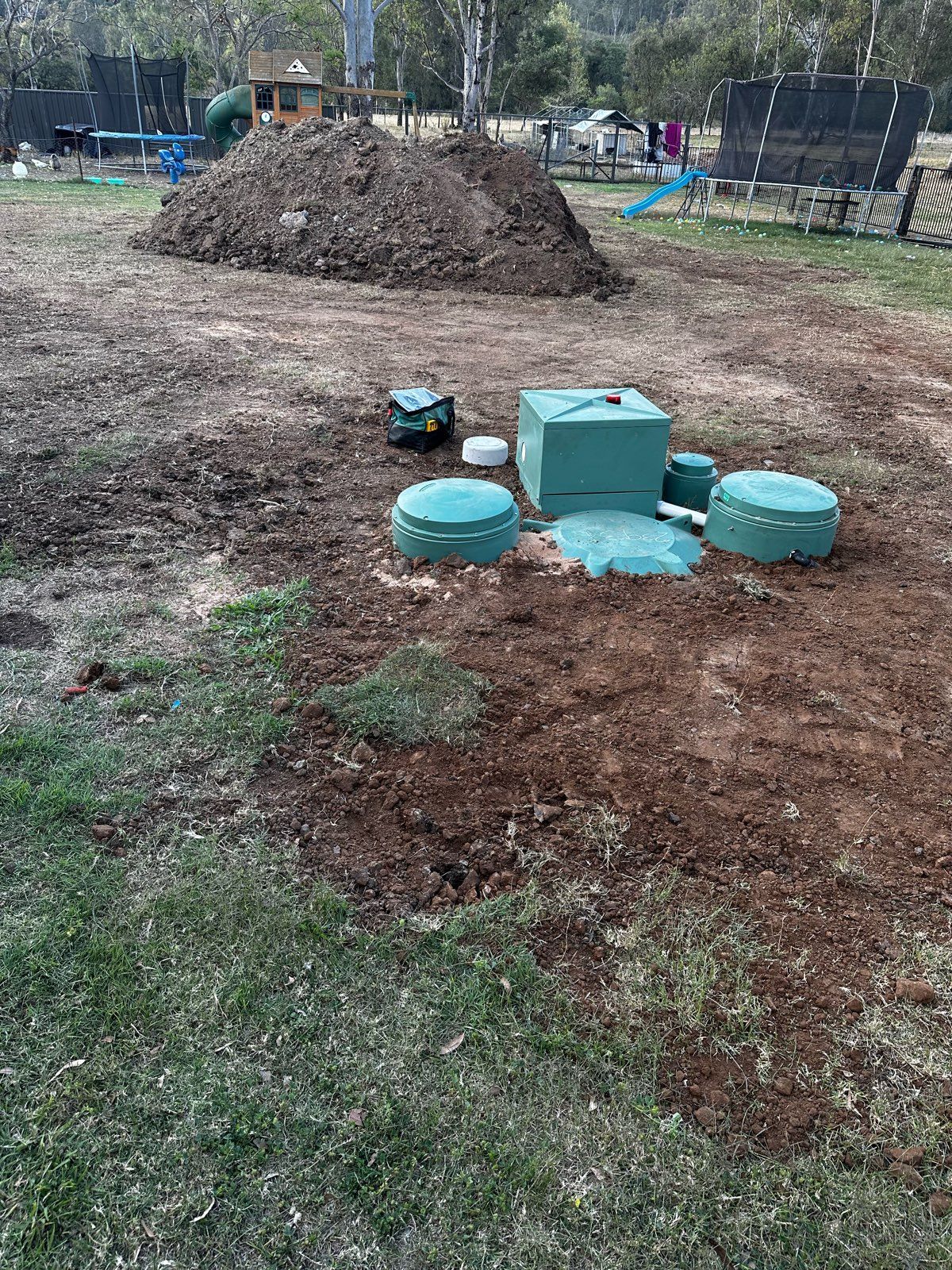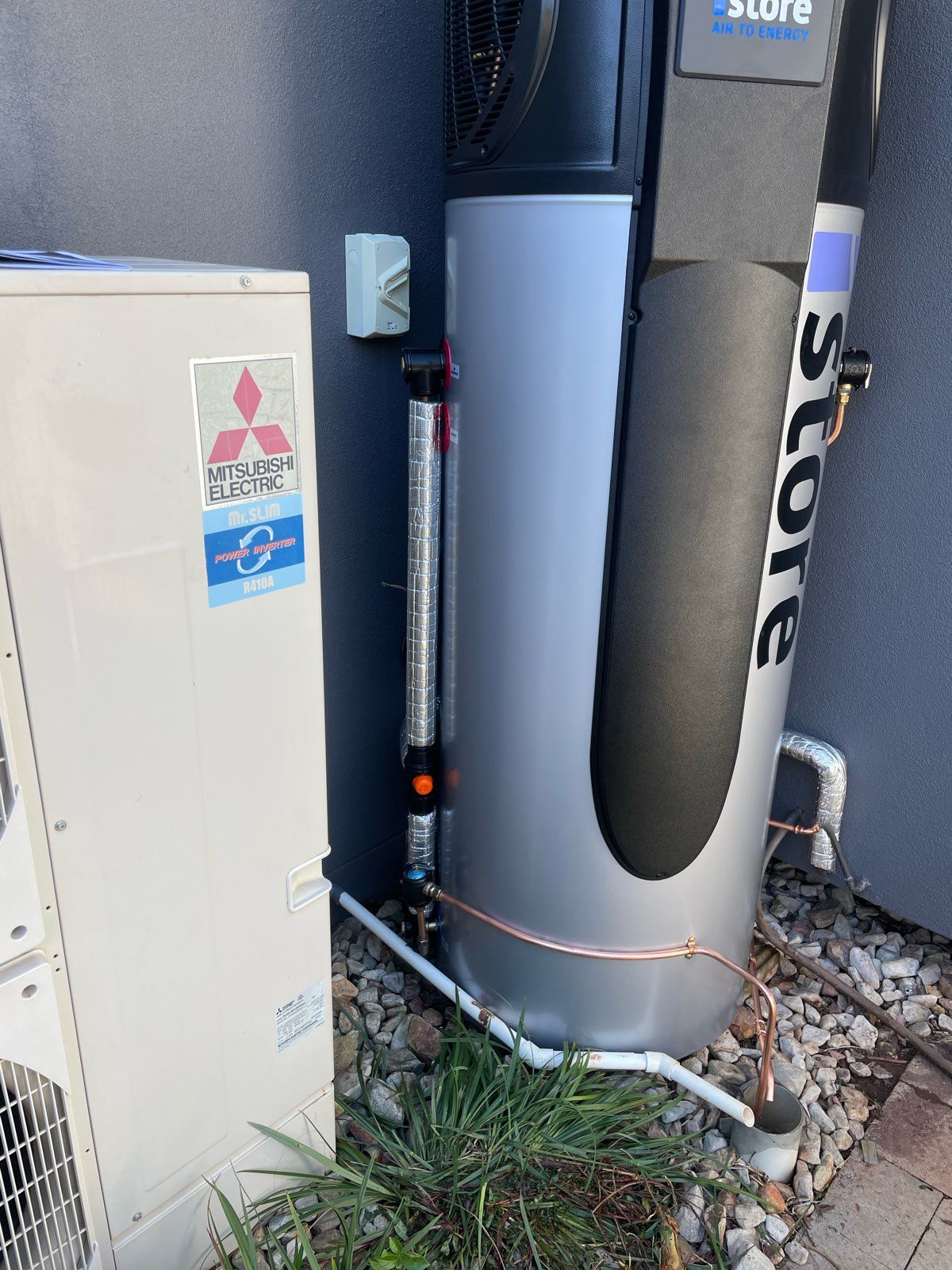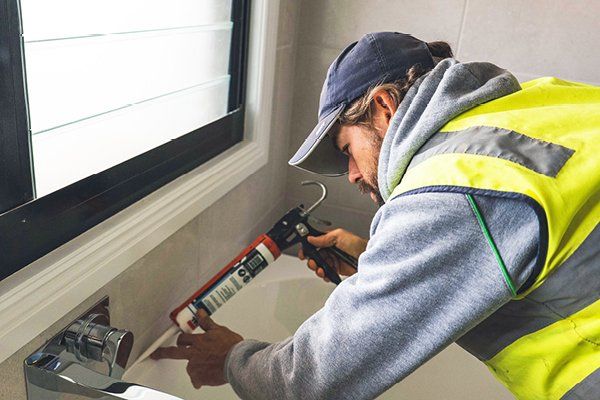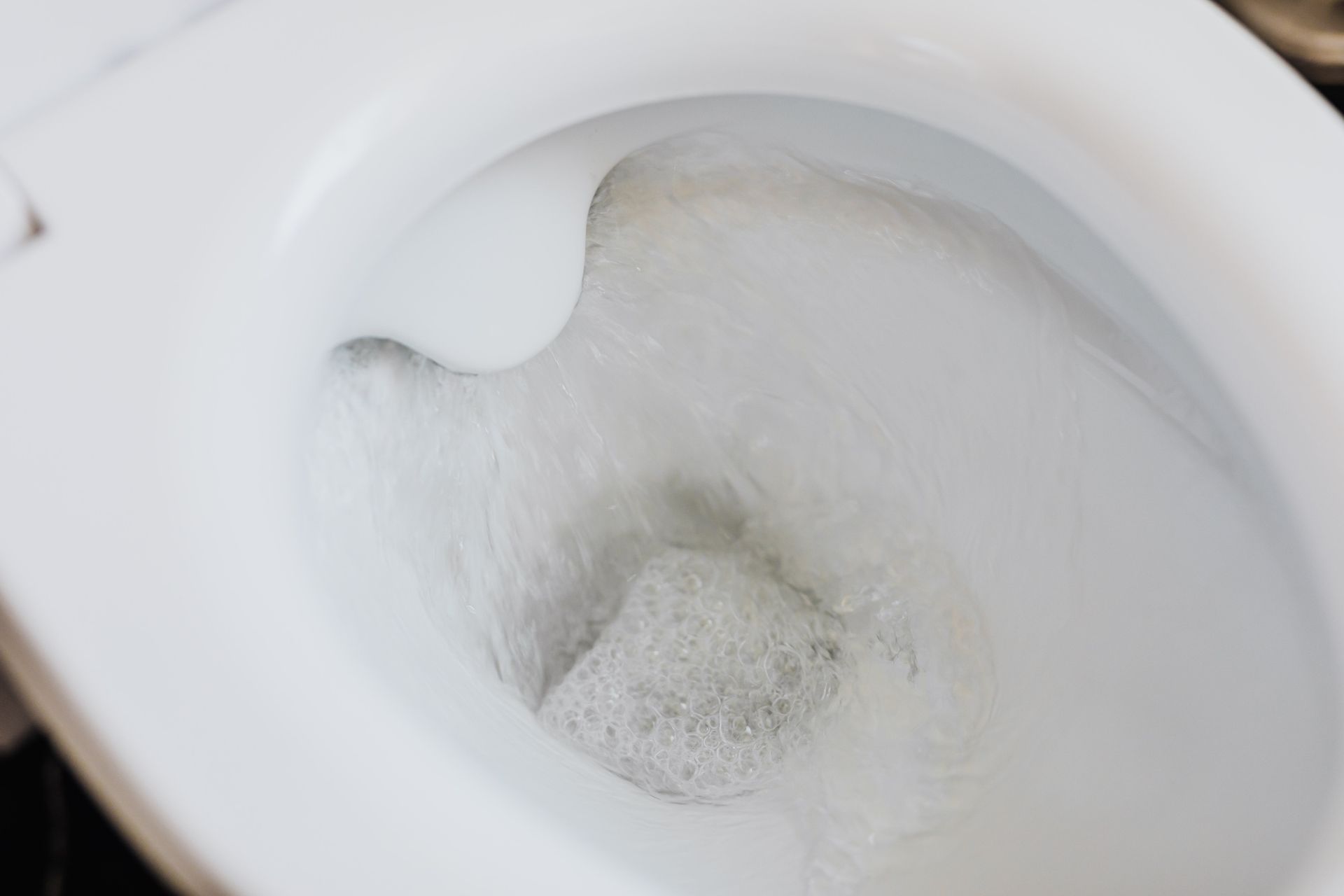The Importance of Regular Hot Water System Servicing: Protecting Your Investment
A hot water system is an indispensable part of our daily lives, providing us with the comfort and convenience of hot showers, clean dishes, and sanitary laundry. However, many homeowners tend to take their hot water systems for granted, assuming they will continue to work flawlessly without any maintenance. This assumption can be costly, as failure to service your hot water system regularly can not only result in breakdowns but also void your warranty. In this blog post, we will explore why regular hot water system servicing is essential, how often it should be done, and the consequences of neglecting this crucial maintenance task.
The Importance of Regular Hot Water System Servicing
1. Ensuring Efficiency and Longevity
A hot water system is a complex machine that consists of various components, including the tank, heating elements, valves, and pipes. Over time, these components can develop sediment buildup, rust, and wear and tear. Regular servicing helps maintain the efficiency and longevity of your system by cleaning, inspecting, and addressing any issues before they become major problems.
2. Conserving Energy and Reducing Bills
An efficiently operating hot water system consumes less energy, which translates into lower utility bills. When sediment accumulates in the tank, it forces the heating elements to work harder, resulting in increased energy consumption. Routine servicing helps prevent sediment buildup and ensures that your system operates at peak efficiency.
3. Safety First
Hot water systems can be dangerous if not properly maintained. Neglecting regular servicing can lead to safety hazards like overheating, leaks, or even carbon monoxide emissions. Regular maintenance can identify and rectify these issues before they pose a risk to your household.
How Often Should Hot Water Systems Be Serviced?
The frequency of hot water system servicing can vary depending on several factors, including the type of system you have, water quality in your area, and manufacturer recommendations.
A general rule of thumb is that a system should be checked or serviced every 2-3 years.
Manufacturer Recommendations: Always consult your hot water system's manufacturer guidelines for specific servicing recommendations. Following these guidelines can help you avoid voiding your warranty.
The Consequences of Neglecting Hot Water System Servicing
1. Warranty Voidance
One of the most significant consequences of failing to service your hot water system regularly is voiding your warranty. Most manufacturers include terms in their warranties that require routine maintenance to keep the warranty valid. If you neglect this requirement, you could find yourself facing significant repair or replacement costs in the event of a breakdown.
2. Increased Repair Costs
Neglected hot water systems are more likely to experience breakdowns, and when these issues are left unattended, they tend to escalate, leading to costly repairs. Regular servicing can identify minor problems early and address them before they become major issues.
3. Reduced Lifespan
An unserviced hot water system is more likely to have a reduced lifespan. Routine maintenance can extend the life of your system by preventing damage and wear that would otherwise lead to premature failure.
4. Energy Inefficiency
Sediment buildup, rust, and wear and tear can make your hot water system less energy-efficient. A system that operates inefficiently will consume more energy and increase your utility bills. Over time, these extra costs can add up significantly.
5. Safety Hazards
Safety is a paramount concern when it comes to hot water systems. Neglected systems can develop safety hazards such as leaks, overheating, or gas-related issues. These hazards can endanger your family and property. Regular servicing helps identify and mitigate safety risks before they become severe.
Regular servicing of your hot water system is a crucial aspect of responsible homeownership. Neglecting this maintenance task can result in increased costs, reduced efficiency, safety hazards, and the voiding of your warranty. By following the manufacturer's recommendations for servicing frequency and hiring a qualified technician to maintain your hot water system, you can enjoy hot water that is both reliable and cost-effective. Don't take your hot water system for granted, call HC Plumbing on
0439 648 390 and book an inspection and service to ensure its proper care to protect your investment and its continued operation for years to come.
EXPLORE MORE










